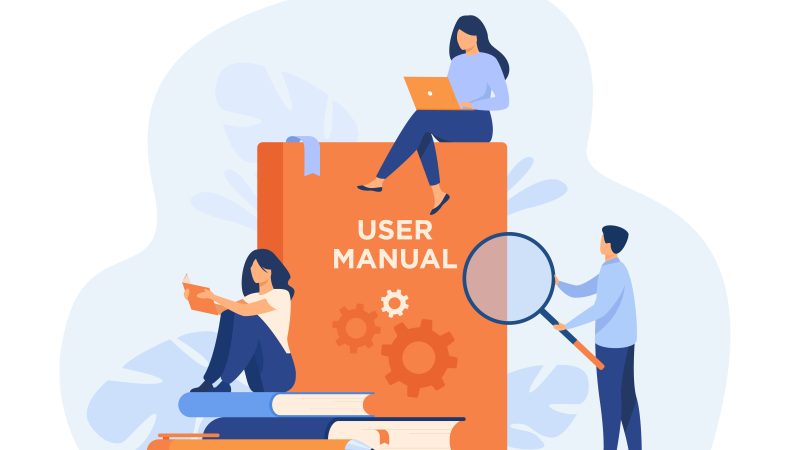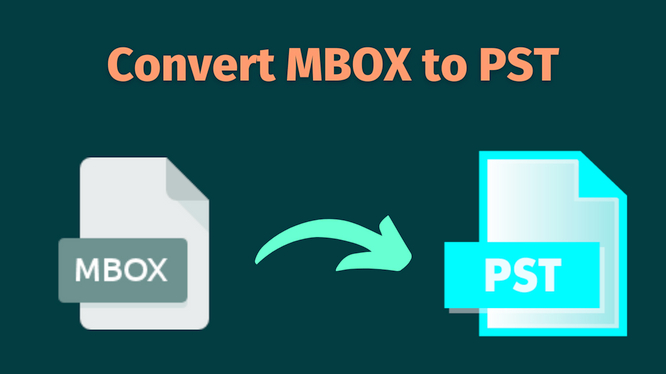What do background check sites know about you
It’s no secret that information is power. In the age of big data, companies are increasingly interested in what we do and how we spend our time. This extends to background check websites, which collect and store data about our personal lives. What do these websites know about you? How much information can they access? And what are they using it for? In this article, we’ll take a closer look at background check sites and what they can tell us about individuals.
We’ll also consider what you can do to protect your privacy.
Who Uses Background Check Websites?
Over the past few years, businesses have become increasingly reliant on background check websites when hiring new employees. At a basic level, background checks help companies determine whether an individual is trustworthy and capable of doing a certain job. For example, a waitress might be required to maintain a clean criminal record in order to safely serve food to customers. Similarly, retail stores run background checks on potential employees to ensure that they won’t steal from the company or abuse their clients’ personal information (for more examples of jobs that typically require such screenings, see here). In such cases, employers review candidates’ criminal records and credit reports for signs of undesirable behavior. However, certain companies may require more extensive background screenings. This can include running social media profiles and financial information through public records (more on this later).
The stakes are high for a background check company when it comes to the job market. On the one hand, they need to ensure that employers have access to useful data about applicants to identify the best hires. On the other hand, these businesses must protect their customers’ personal information from misuse and/or abuse. After all, such sites contain sensitive information that should not be made available to anyone online. Unfortunately, many of us do not take our own privacy seriously enough to worry about how others might abuse our data. According to one study, one-third of Americans don’t even bother using a password to protect their devices.
Privacy and Background Check Websites
Many background check websites are legitimate businesses that take their customers’ privacy seriously. However, just as important information can be found on “the dark web,” there is plenty of data circulating online that should not be trusted by employers or other individuals who may wish you harm. For example, it’s easy for anyone with access to the right search terms to uncover your personal address, phone number, credit score, and even your bank account details. Furthermore, if you rely on background checks for employment purposes (or hope to in the future), potential employers will likely perform thorough searches of your name.
It’s also important to remember that many companies sell this personal information to other companies, who then repackage it in ways that you might not appreciate. For example, they may take your social media posts — about your sexual preferences, political opinions, and even the projects you’re working on with friends — and package them alongside other people’s posts to create targeted advertising. As a result, someone can discover information about you that you never intended to make public.
What Can We Do About It?
When confronted with the reality of how much information is out there about us, most individuals are understandably concerned at first. Fortunately, we can take steps to protect ourselves from background check websites. For example, you might try to find an alternative source of income if you believe your identity may have been compromised by a data breach (and want to avoid unwanted attention). If this isn’t possible, one way to increase awareness about your privacy is by posting status updates that highlight documents revealing your social security number, credit history, and bank details (or any other sensitive material you prefer not to share with the world). This can help you to remind would-be thieves that your personal information is not easy for anyone to obtain.
If you are opposed to this method for any reason, try using a VPN. This is an easy way to encrypt your internet activity and ensure that companies can’t use your data in ways you do not appreciate. Given the benefits of online anonymity, it’s possible that more individuals will consider using secure search engines in the future (like https://duckduckgo.com/).
It’s also best to avoid sharing too much information on social media sites — especially if you’re applying for jobs or have your eye on public office. You never know who might be keeping tabs on you, so it’s important that you limit what other people can find out about you with just a few keystrokes . It’s even better if you delete any posts which might be considered inappropriate in the future (or don’t make them in the first place).
There are plenty of ways to avoid unwanted attention online, and most people will find it worthwhile to do so. After all, you’ll feel a lot safer once you learn how to check if your data is available on background check websites .






